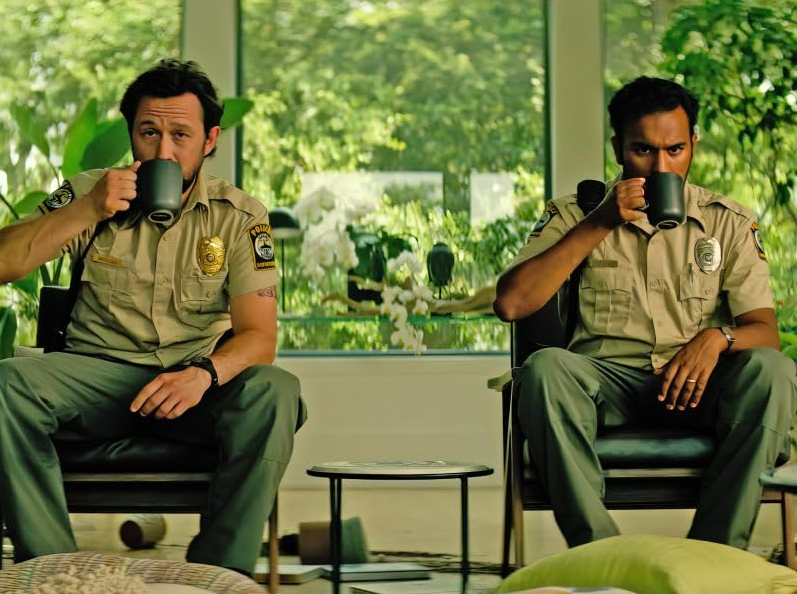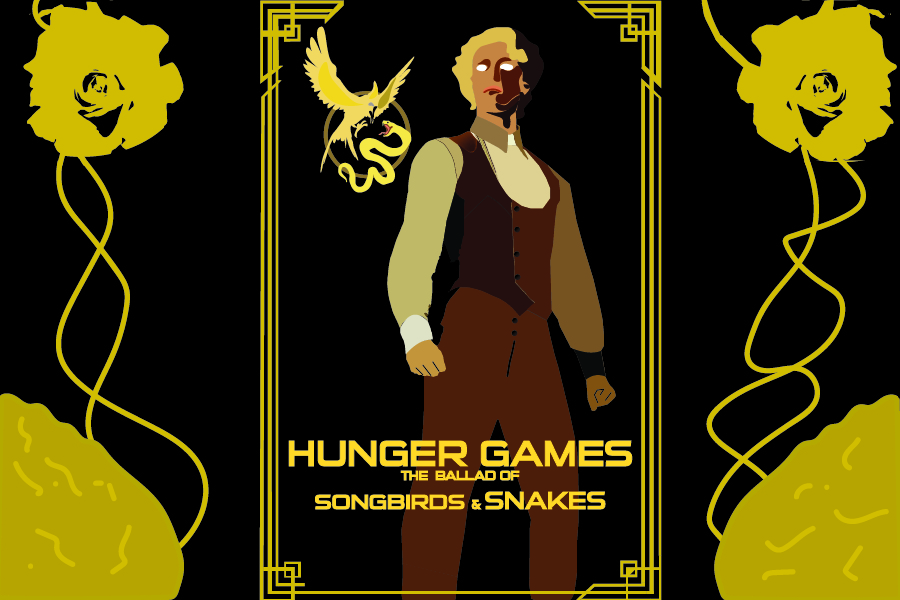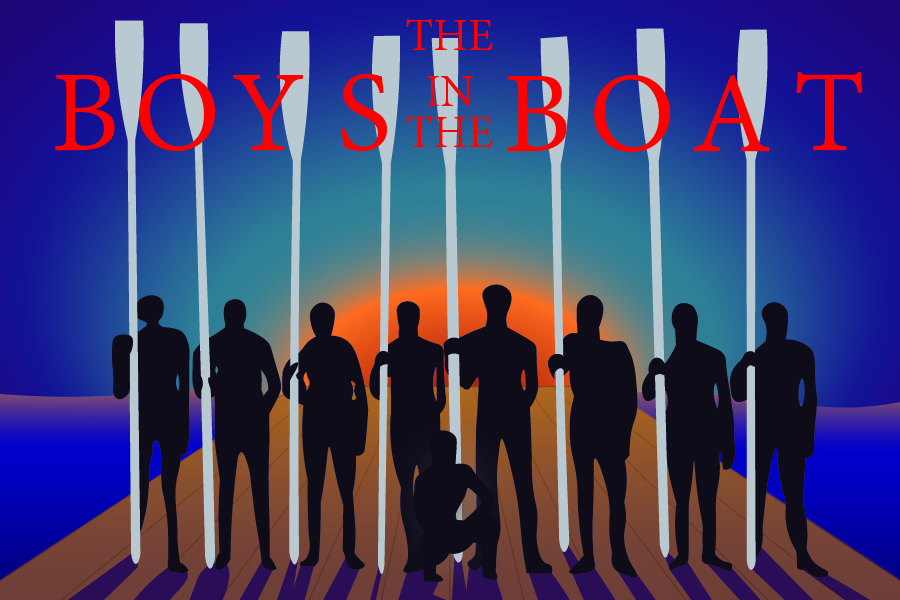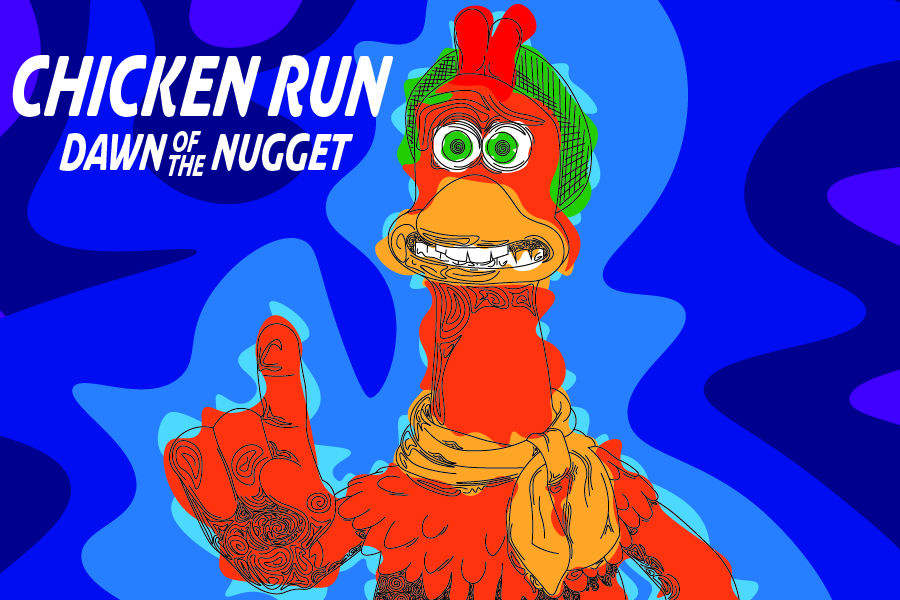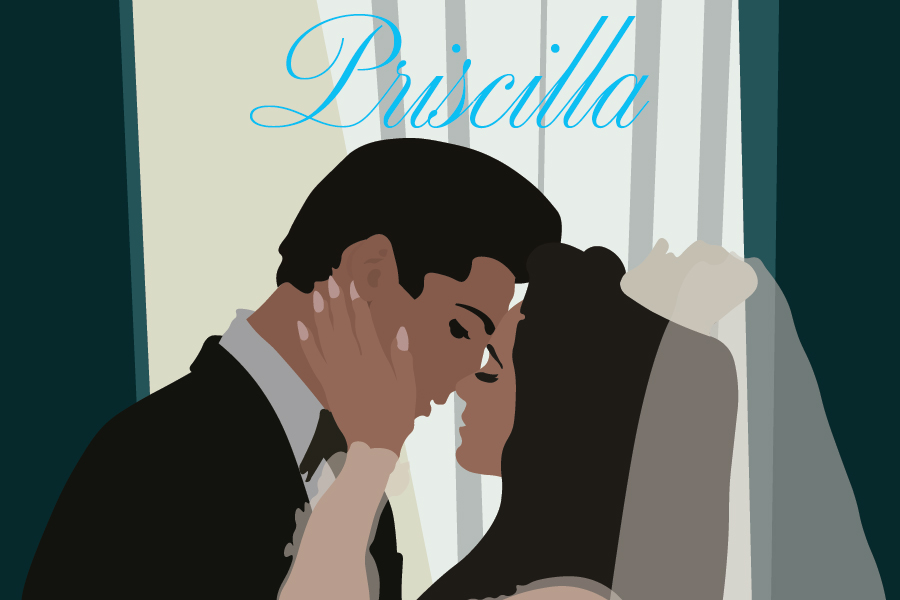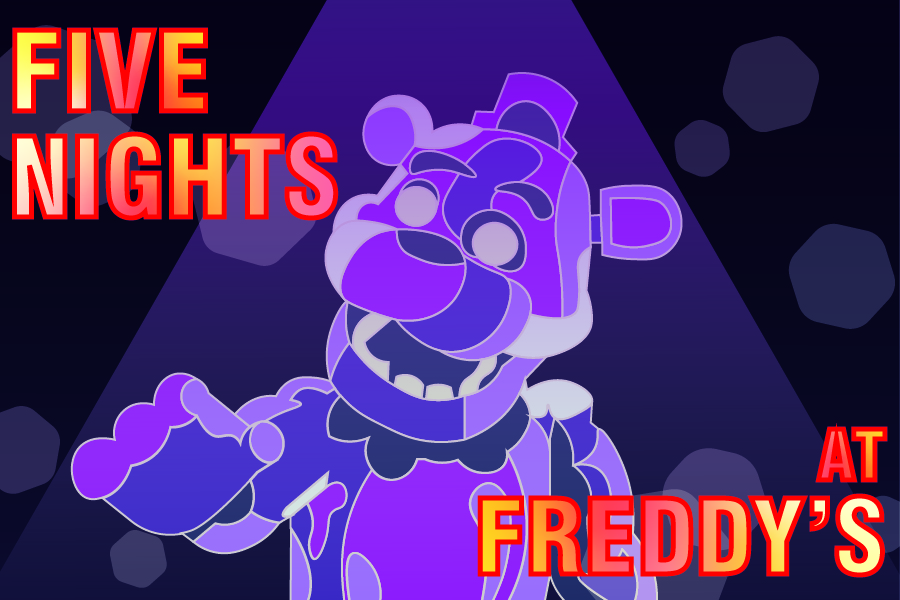The Great Gatsby, Baz Luhrmann’s latest directorial effort and the fourth screen adaptation of F. Scott Fitzgerald’s beloved novel, is an unpleasant and mind-numbing assault on the senses. A gross example of Hollywood’s tendency to water down material to pander to an audience, it only seems to consider the superficial surface details of its source material and can’t convincingly convey the themes within.
The story of the film and novel is one of the most well-known of all time: Nick Carraway, an idealistic young man, moves to Long Island in the midst of the 1920s to pursue a career in business. Along the way he runs into and rekindles a friendship with his cousin, Daisy Buchanan who he learns is a former lover of his neighbor Jay Gatsby, a wealthy and mysterious man who throws extravagant parties nightly in his luxurious mansion. Luhrmann’s Gatsby follows the plot of the novel remarkably closely; the only real digression is the introduction of a framing device: Nick Carraway (played by Tobey Maguire) is in a sanitarium sometime after the main events of the film, apparently suffering from post-traumatic stress disorder, alcoholism, depression, and several other problems. He recounts the story of his earlier life and his encounters with Jay Gatsby, which are shown in the form of flashbacks that make up the film’s main plot. Unfortunately, this set-up gives way to near constant voice-over from Maguire, with a stiff and awkward delivery that prevents complete engagement into the story. What’s worse is Maguire’s on-screen acting, his awkward and stiff line delivery is magnified by his awkward and stiff stage presence. The other players in the film are not much better, with poor supporting turns from Joel Edgerton (who plays Tom Buchanan, the husband of Daisy, Nick’s cousin) and Isla Fisher (as Tom’s mistress Myrtle Wilson). Even the usually reliable Leonardo DiCaprio is a disappointment in the miscast role of Gatsby. The shining star of the film is Carey Mulligan, who plays Daisy Buchanan and is the only convincing character in the film.
Stylistically, the film is a disaster. It is apparent the Baz Luhrmann is primarily interested in creating a screen spectacle, not a poetic and profound masterpiece. Unfortunately he is unable to achieve even his modest ambitions. Admittedly, the production and costume design of the film is impressive, but for the majority of the film the camerawork and editing is such a frenzy of whip-pans and fast cuts that the audience is unable to simply take in and enjoy the scenery. Before its release, the film gained publicity for its use of anachronistic music from Jay-Z, Fergie and other contemporary artists. While it’s far from the film’s worst flaw, it’s a distracting decision given the importance of the film’s Jazz Age setting and feels like shameless pandering to appeal to and take money from a younger audience (the fact that Gatsby was filmed in 3D doesn’t help reduce this suspicion). Other stylistic decisions are distracting and unpleasant, such as the literal transposition of metaphors within the novel (in one almost comical instance Nick, at a party, says he sees himself as both a participant and outside observer, then looks out the window and sees another version of himself looking in from the street corner) and – perhaps the films worst offense – animated glittery animated words and phrases spelling out pieces of the narration.
The weak screenwriting is apparent in the film despite its close adherence to the plot of the novel is apparent in its awkward handling of tone shifts and uneven pacing. The scene in which Gatsby and Daisy reunite after 5 years is a prime example, as the usually composed Gatsby acts like a 15 year old boy, knocking things over and muttering incomplete sentences under his breath. The intended effect is obviously slapstick comic relief, but it is handled so poorly and awkwardly that it takes the viewer right out of the experience. Similarly, the progression of the film as a whole is uneven, the first act is fast paced and flashy, but once the second and third acts come through and Gatsby and Daisy are reunited, the film begins to rely on its actors, and the pacing slows down drastically, with dull acting that makes the idea of a nap in the theatre become very appealing.
Overall, The Great Gatsby can at best be described as a lobotomizing experience, which transposes its source material from print to screen but lacks a deep and thorough understanding of its themes and nuances. The fact that Baz Luhrmann has had at least minor success with a past literary adaptation (1996’s Romeo + Juliet, also starring Leonardo DiCaprio) and a big screen spectacle featuring anachronistic music (Moulin Rouge!) makes his recent failed endeavor the biggest disappointment of the year so far.


